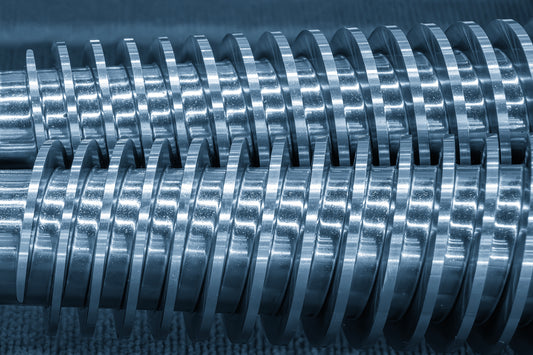Technical Problem Solving
Twin Screw Extrusion: Troubleshooting Compounding Challenges

Language: English
Length: 90 min
Course Description
Troubleshoot your compounding issues (low productivity rate, contaminants, melt fracture...) with twin-screw extruders by knowing how to adjust processing parameters as per your material or batch-size.
Expert Luis Roca will help you correlate compounding instabilities with the interactions between extruder configuration, process parameters and response variables (residence time, specific mechanical energy).
Expert Luis Roca will help you correlate compounding instabilities with the interactions between extruder configuration, process parameters and response variables (residence time, specific mechanical energy).

Luis Roca
AIMPLAS
0 courses
See Tutor Profile
Why should you view this course?
Who should join this course?
-
This course is suitable for intermediate level proficiency
Intermediate
Questions you will be able to answer after this course:
Course Outline
30 min Q & As for this course

Share this Course
Share this Course
https://courses.specialchem.com/products/twin-screw-extrusion-troubleshooting-compounding-challenges

